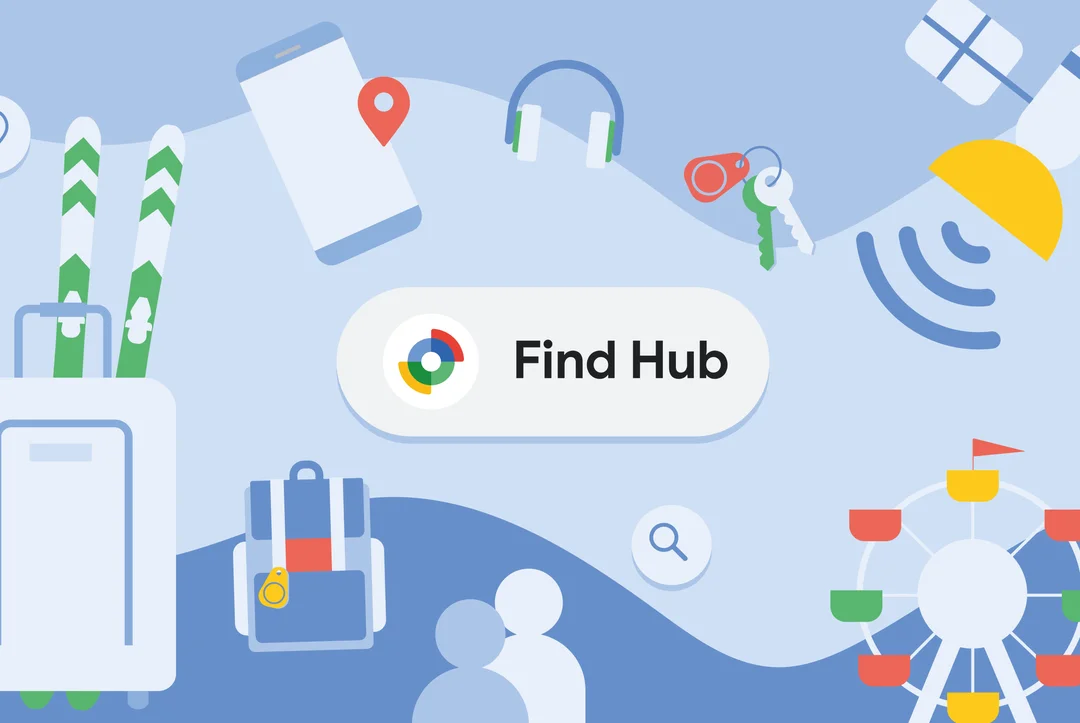
Google’s ‘Find Hub’ Aims to Revolutionize Device Tracking with UWB and Satellite Connectivity
Google is revamping its Find My Device app, rebranding it as Find Hub, and packing it with new features to help you keep track of your belongings like never before. This update aims to create a comprehensive tracking ecosystem, integrating various devices and tags into a seamless experience.
One of the most significant additions is ultra-wideband (UWB) support, rolling out later this month. UWB offers more precise tracking at close range compared to Bluetooth, providing both distance and direction. This means finding a misplaced tracker will be much faster once you're in the vicinity. This feature puts Google's offering closer to par with Apple's AirTag and Samsung's SmartTags.

Motorola, which recently launched its Moto Tag, will undoubtedly welcome this UWB integration. The Moto Tag boasted UWB support, but it remained inactive until now. However, UWB compatibility remains a hurdle, requiring both trackers and phones to support the technology. While Apple's iPhones largely support UWB, Android support is more fragmented, with only select Pixel and Galaxy flagships equipped with the necessary chips.
Find Hub isn't just about UWB. Google is also incorporating satellite connectivity later this year, though specific details about this feature remain under wraps. This suggests potential for location sharing even in areas without cellular coverage, adding a crucial safety element.

Beyond technological advancements, Find Hub is expanding its ecosystem through partnerships. Luggage with built-in finding capabilities will be available from brands like Mokobara, and specialized tags from Peak will secure ski equipment. Disney-themed Bluetooth tags from Pixbee are also on the horizon.
The rebranded app is evolving beyond device tracking to include people. The app now features a "People" tab for tracking contacts who have agreed to share their location.
Google is also addressing the headache of lost luggage. Through partnerships with Aer Lingus, British Airways, Cathay Pacific, Iberia, and Singapore Airlines, users will be able to share tracker locations with airlines to locate lost luggage more effectively.
Find Hub is currently rolling out on devices running Android 6 or higher, marking a significant upgrade to Google's tracking capabilities. This move aims to provide a more robust and user-friendly experience, positioning Google as a serious competitor in the device and people tracking market.

With UWB support, satellite connectivity, and a growing network of partners, will Find Hub finally bridge the gap with Apple’s Find My network? What are your thoughts on these new features? Share your comments below!